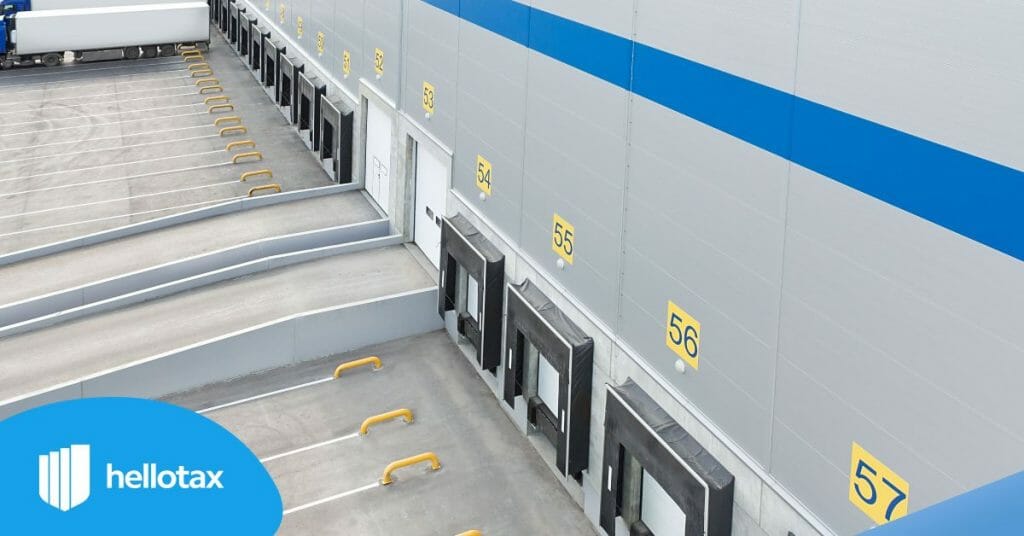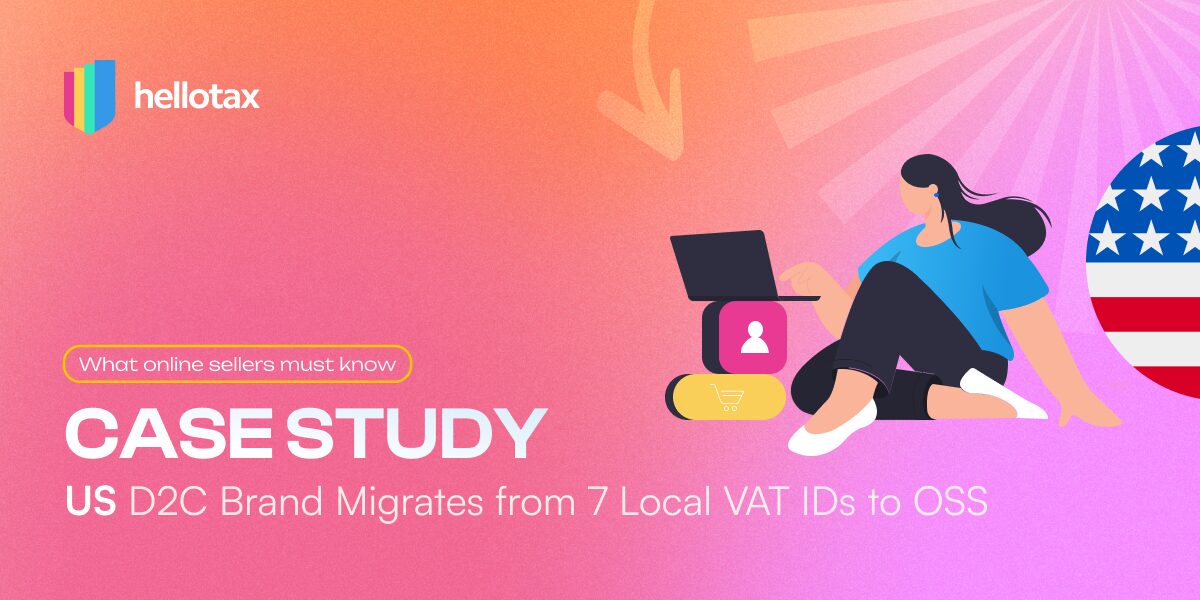Logistics is one of the most important factors for the success in e-commerce. Online giants like Amazon or Zalando, who invest millions in fulfillment every year and have built up a strong logistics network in Europe, are proof of this.
Antonia Klatt
Last Updated on 1 September 2020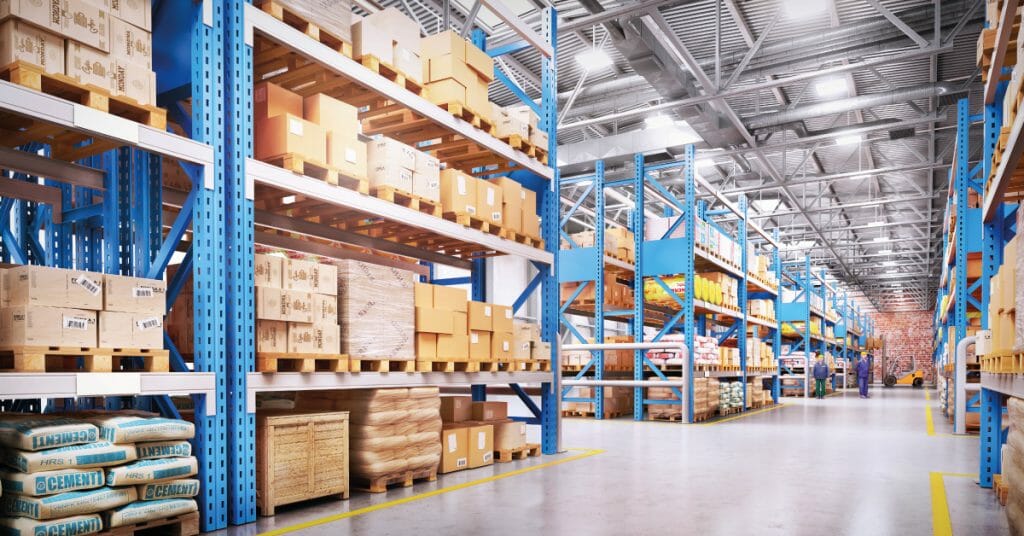
But why do these companies focus so much on shipping orders to the customer? It’s simple: online shoppers are placing more and more importance on fast and free delivery. In a survey, 60% of consumers state that they make their purchase decision based on the shipping options offered.
Amazon has been at the forefront of e-commerce shipping since its beginnings and has played a major role in the rapid evolution of shipping requirements. The online giant has achieved this through a sophisticated network of logistics centers with a high degree of automation. This allows delivery times to be shortened and, due to the proximity to the end customer, shipping costs to be minimized.
Fulfillment by Amazon
Fulfillment by Amazon (FBA) is a service from Amazon that enables online sellers to outsource the complete fulfillment process and let the storage and logistics network from Amazon handle it. The word “Fulfillment” is especially common in the e-commerce industry and means the processing of customer orders.
The fulfillment process includes all steps for the successful delivery of an order to the customer and begins as soon as a customer has placed an order in the online store or on the online marketplace:
The ordered goods must be taken from the appropriate warehouse.
The products are then packed for shipment.
Shipping to the end customer via a shipping service provider or partnerships with subcontractors.
In some cases, products may be returned to the Fulfillment Center. In this case, the returns management is also taken care of.
- The ordered goods must be taken from the appropriate warehouse.
- The products are then packed for shipment.
- Shipping to the end customer via a shipping service provider or partnerships with subcontractors.
- In some cases, products may be returned to the Fulfillment Center. In this case, the returns management is also taken care of.
Amazon’s logistics center
Amazon operates more than 175 logistics centers around the world, covering an area of 14 million square meters. Each year, millions of orders are packed and shipped to consumers from these fulfillment centers and the number is constantly growing.
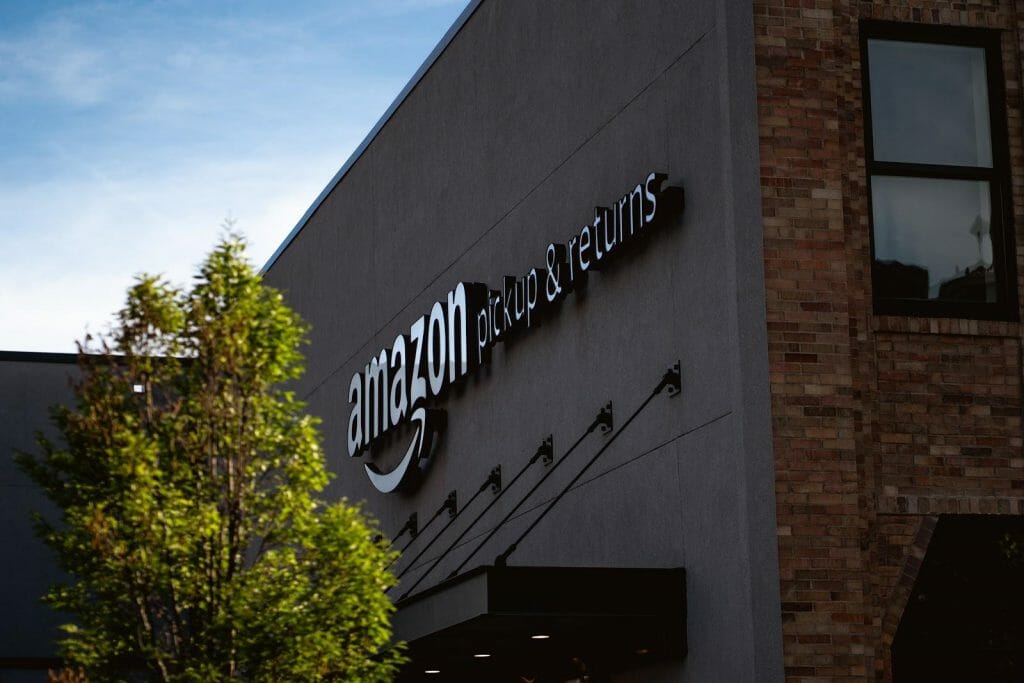
Amazon Logistics Center Address
Over the last few years, more and more Amazon warehouses were built all over the world. We created a list of >all addresses of logistics centers in Europe<.
Jobs in Amazon Warehouses
With over 600,000 employees worldwide, Amazon is a huge employer. A large part is naturally employed in the United States, but also in Germany where e.g. slightly more than 15,000 people work in the warehouses (Fulfillment Centers).
Is Amazon FBA the right service for me?
Many sellers rely on Amazon FBA because it gives them access to a strong logistics network that enables smooth shipping.
With the various FBA programs, companies of different sizes can choose the service that suits them best and benefit from the various advantages. These benefits include the storage and distribution of products or the increased visibility on the Amazon website and the handling of customer service or Amazon Prime.
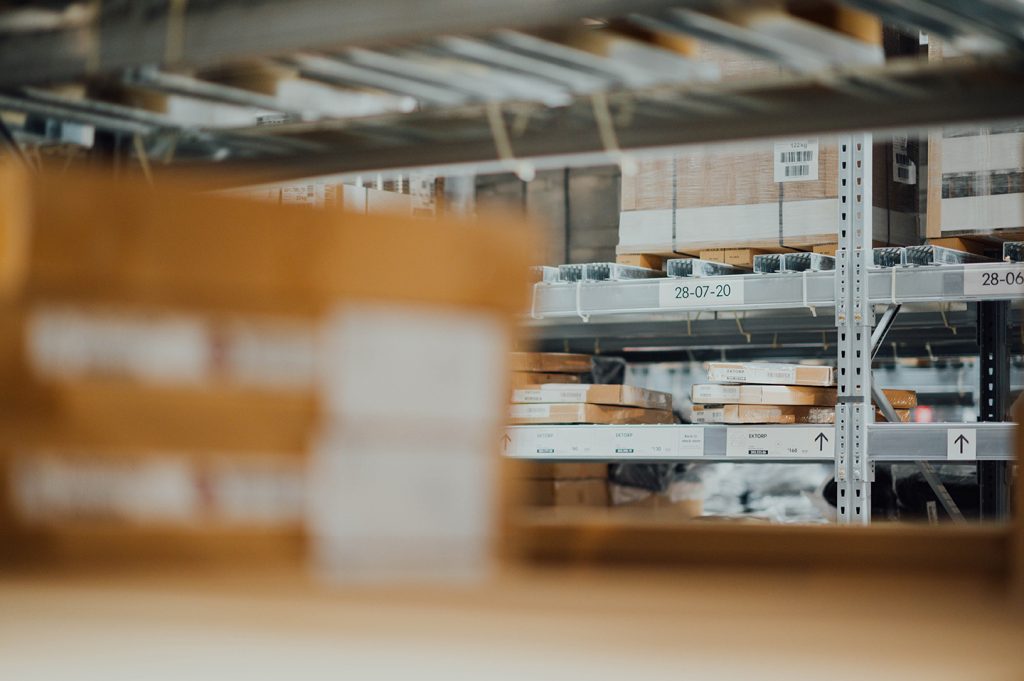
Of course, these services are associated with storage fees and various other liabilities and costs. In addition to the storage fees and distribution costs to be paid, there are also tax-related tasks.
If online sellers store their goods in different countries, or exceed a certain delivery threshold of exports to a certain country, VAT numbers must be applied for and continuous declarations and returns have to be submitted. When it comes to VAT, it is therefore advisable to consult experts and outsource these tasks.

Book a free consultation
Our VAT experts are happy to help you. Book a free consultation today!
However, if the fees and the administrative effort are too high, you can look for alternatives to handle e-commerce fulfillment.
Alternatives to Amazon FBA
1. Do It Yourself
One option chosen by many small and new sellers is to do the packing and shipping yourself. This way, companies learn about the processes involved in logistics, no matter if storage, packaging or shipping.
It also enables them to maintain full control over order processing and quality, as well as package additions or individual extras and especially in the early stage or when selling only a few items per month, taking care of the fulfillment yourself can be a good idea!
2. Dropshipping
Dropshipping is the process of sending goods directly from the producer to the customer. In many cases, the products are manufactured for a low price in Asia and then sold to Europe or the USA – usually with a much higher price. Many people have become aware of this business opportunity and try their luck with an online store to become successful on their own.
The problem here is that there are long delivery times and customers have to wait 2-3 weeks for their goods. Many consumers are therefore discouraged from making a purchase and it also makes it more difficult to return goods – a very unfavorable situation in today’s e-commerce age.
For that reason, this solution is not a long-term option for most ambitious online retailers. It is further important that the products have the quality your customers want to have. So just buying cheap and selling with a high price is not a good solution.
3. Outsource the fulfillment
Those who want to outsource their entire logistics can do so via a professional fulfillment service provider. This is often referred to as “3 Party Logistics” or “3PL” and describes the outsourcing of distribution and fulfillment processes.
Online stores that change their strategy in time to be able to scale up will benefit from increased sales while maintaining or even improving the service quality in terms of shipping. By outsourcing to a fulfillment service provider, you gain access to capacities, know-how and infrastructure that you would otherwise have had to build up over years.
This allows for scaling without having to take much risk, as expanding capacity and hiring new staff is no longer necessary. The only fixed costs are those for storage.
The difference to Amazon FBA is that fulfillment service providers are often able to respond to the individual requirements of sellers in a better way, for example, custom packaging.
Conclusion
The Amazon logistics network is one of the strongest in the world and many merchants have made their business successful through Amazon’s fulfillment network. If every seller should decide to sell at Amazon? Probably not. But when the sales are high enough, this can definitely help to bring your e-commerce business to the next level.
Für viele Händler sind alternative Versandarten durchaus zielführender und Individualität und Unabhängigkeit sind hier ganz klar Schlüsselwörter. Außerdem sollte man sich als E-Commerce Händler der Abhängigkeit von Amazon bewusst werden und die Einschränkungen bezüglich Flexibilität berücksichtigen.
At the end of the day, it is important to inform yourself sufficiently about all relevant possibilities, calculate and weigh them up and then decide on the ideal solution.

